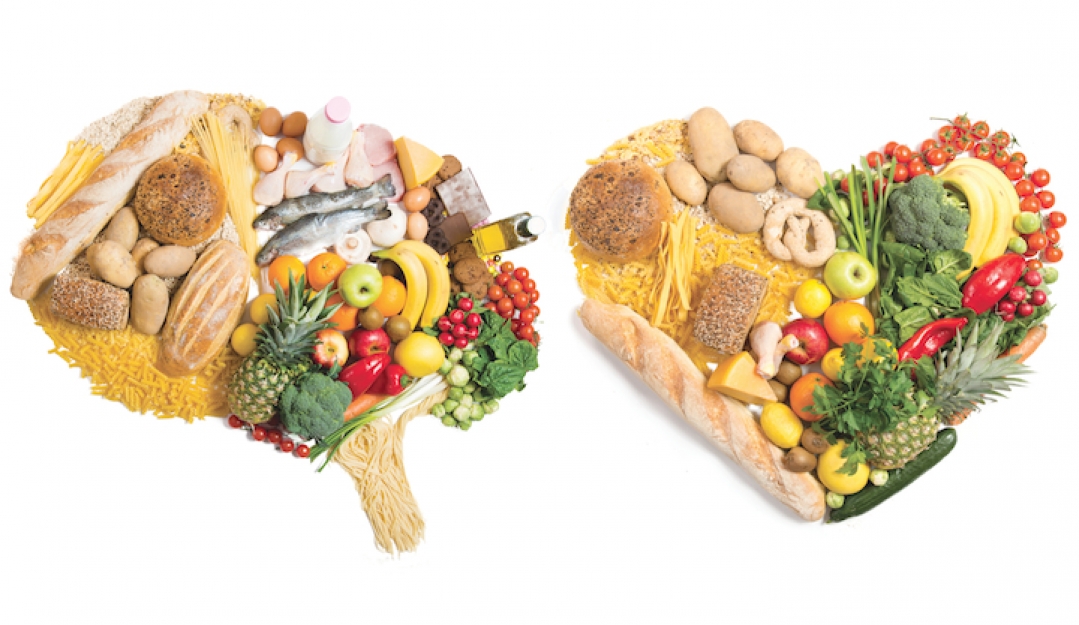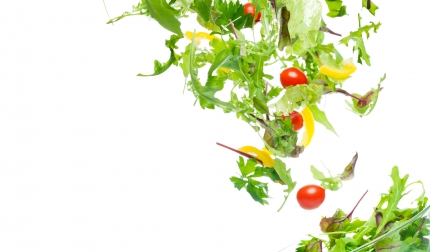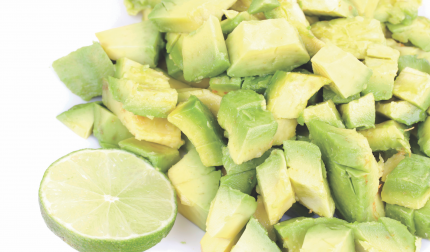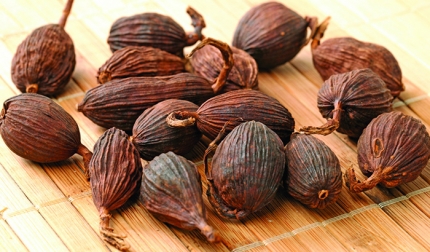Training and competing is as much mental as it is physical. More and more research indicates that what you put on your plate has the power to transform your psychological status. Here are four foods that feed how you want to feel, and one to avoid, to help your brain and body get into the zone.
Concentration
Research shows that just smelling cinnamon enhances cognitive processing, but consuming it ups the ante. Scientists at Wheeling Jesuit University asked volunteers to complete computer-based cognitive tasks while chewing plain gum, or gum flavored with cinnamon, peppermint, jasmine, or no gum. Cognitive processing was enhanced the most in those given cinnamon, which sped up visual-motor response and improved scores related to attention. This aromatic spice may also help the brain heal. Scientists at the Agricultural Research Service found that cinnamon extract prevented brain cells from swelling, a condition typically seen after a traumatic brain injury or stroke. In a laboratory study, when brain cells were deprived of oxygen and fuel, their functioning declined by forty percent. Exposing a portion of these cells to cinnamon extract countered the negative effects. Ninety minutes later, the damaged brain cells had swollen by more than 30 percent, an effect that was not seen in those exposed to cinnamon.
Try this: Add ground cinnamon to your morning coffee, whip it into a fruit smoothie, fold into melted dark chocolate and drizzle over fruit, or stir into yogurt along with nuts and toasted oats. It also makes a great addition to savory dishes, like lentil soup and vegetarian chili.
Memory
A recent Japanese study found that adults who drank more than two cups of tea each day had more than a 50 percent lower risk of age-related memory decline compared to those who drank less than three cups a week. And research published in the journal Pharmacological Biochemical Behavior found that sage is also a natural memory booster. After 45 participants were given either a placebo or sage extract, then tested for up to six hours, the sage group was significantly more able to recall information.
Try this: To combine the two, enjoy them as a hot or iced beverage—just add a few fresh sage leaves to brewed tea. Or cook with them. Use brewed tea and fresh sage to steam whole grain rice or veggies, or use loose tea leaves and dried sage along with garlic as a seasoning for baked seafood or roasted vegetables.
Positivity
Attitude is everything, and by far the most powerful foods for maintaining a positive mojo are fruits and vegetables. In a study published in the British Journal of Health Psychology, 281 young adults completed a daily food diary for three consecutive weeks, which included psychological and mood-related ratings. Researchers found that a higher consumption of produce resulted in more energy, calmness, and greater feelings of happiness, effects that positively impacted the individuals not only on the days they were consumed, but also throughout the following day. Another study, published in the journal Social Indicators Research, tracked the eating habits of 80,000 adults, and found that more fruits and veggies enhanced mental wellbeing, with the magic number for happiness being seven servings a day.
Try this: Reach for fruit first at every breakfast and snack meal, and at lunch and dinnertime, select vegetables, then pair them with protein and grain options, like a medley of Asian veggies accompanied by shrimp and wild rice.
Reasoning
A recent study published in the British Journal of Nutrition fed college students either plain banana bread or a version containing two ounces of roasted walnuts every day over an eight-week period. Tests related to inferential reasoning, the process of reaching conclusions, significantly improved in those who consumed walnuts. Scientists believe the results are due to the impact of the key nutrients, specifically vitamin E, antioxidants, and alpha-linolenic acid, a plant-based omega-3 fatty acid, which have each been shown to protect or enhance brain function.
Try this: Stash walnuts in your gym bag, desk and car, for an on-the-go snack, and incorporate them into meals. Sprinkle into hot or cold cereal, whip walnut butter into fruit smoothies or spread it on whole grain toast, serve walnut crusted chicken or seafood, and add them to garden salad, stir fry and whole grain pasta dishes.
Steer Clear
A study published in the Journal of Alzheimer's Disease followed over 1,200 older adults, who reported on their eating habits during the previous year. At the beginning of the study, each subject’s cognitive function was assessed by an expert medical team. After four years, scientists found that those with the highest sugar intake had a 1.5 times greater chance of developing cognitive impairment compared to those with the lowest sugar intake.
Try this: The easiest way to cut back is to drink good old H2O in place of soda and sugary drinks like sweet tea and lemonade, which are the top source of sugar in the US The second and third leading sources are candy and baked goods. Make them occasional splurges, or replace them with fresh fruit and dark chocolate, two treats naturally packed with brain-enhancing antioxidants.
Cynthia Sass, author of S.A.S.S.! Yourself Slim: Conquer Cravings, Drop Pounds, and Lose Inches, is a nutritionist, Board Certified as a Specialist in Sports Dietetics. She is the nutrition consultant to the New York Rangers and Tampa Bay Rays and works with professional and competitive athletes in numerous sports. She can be reached via CynthiaSass.com.





